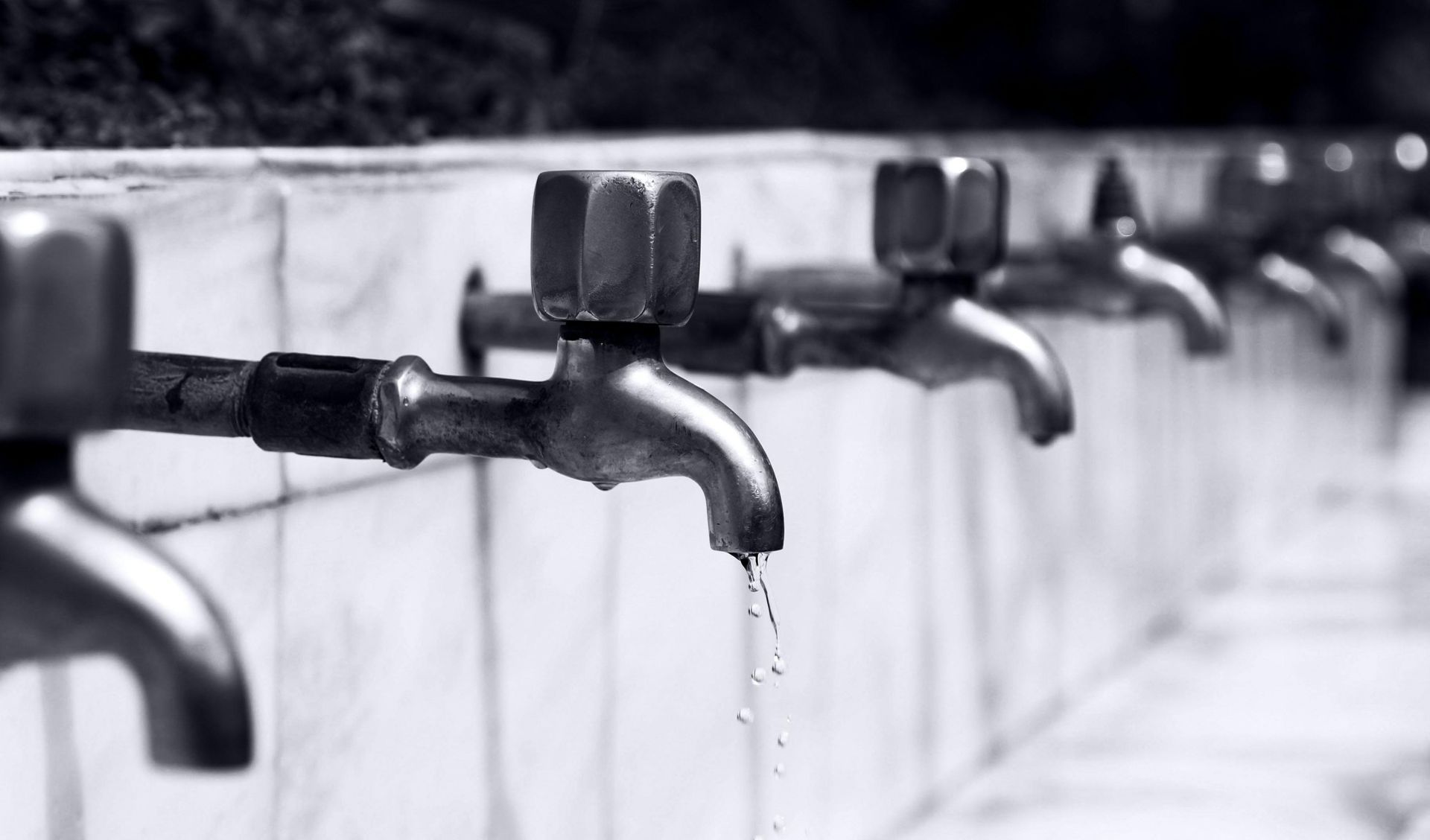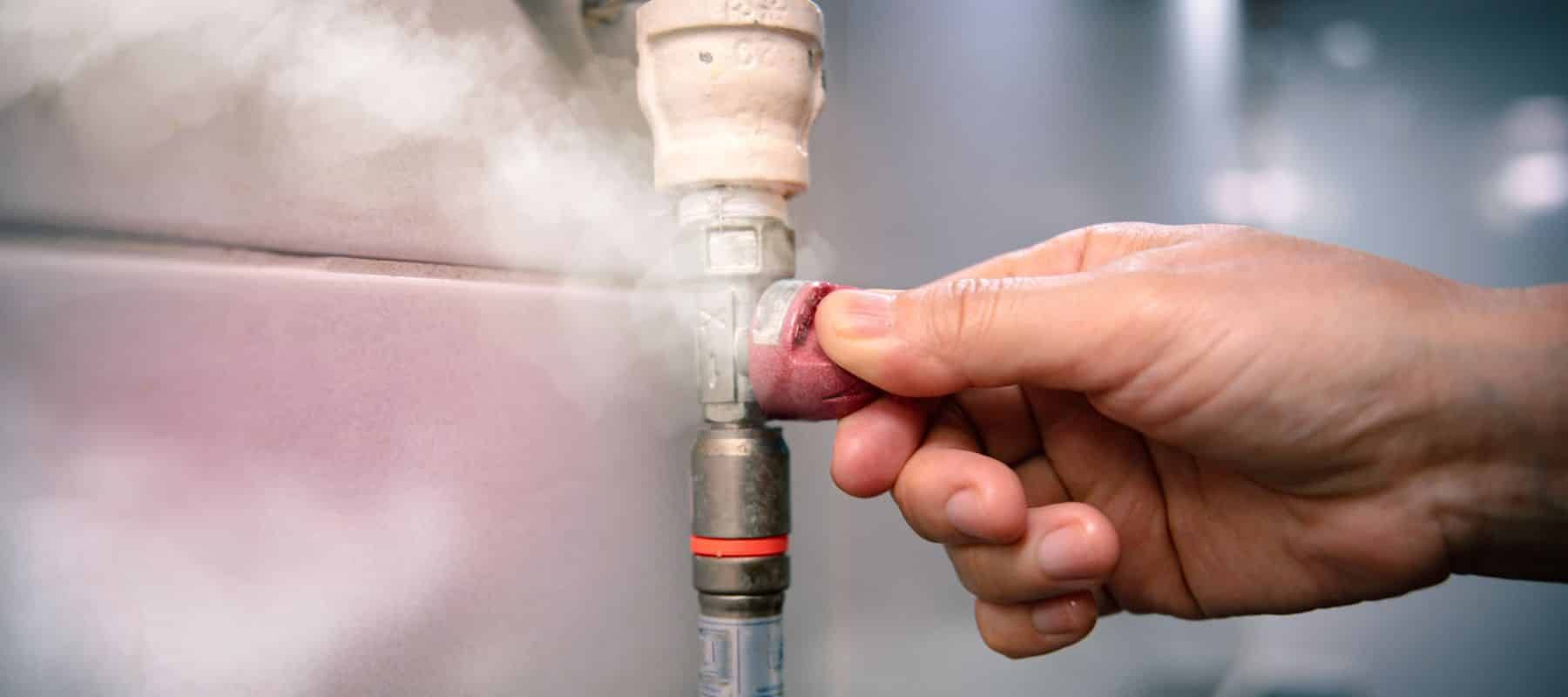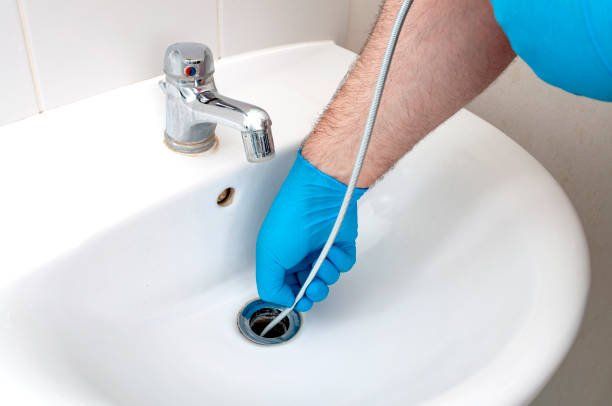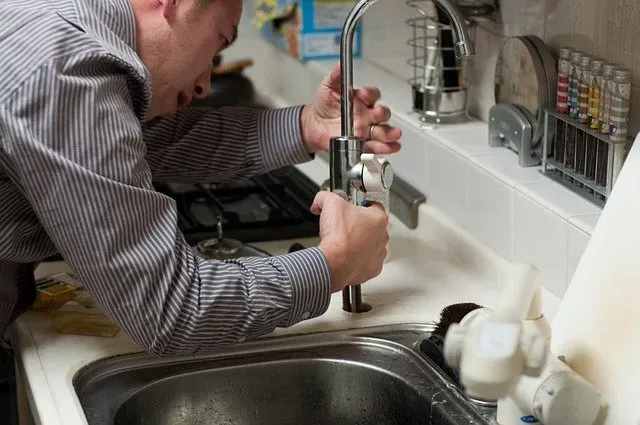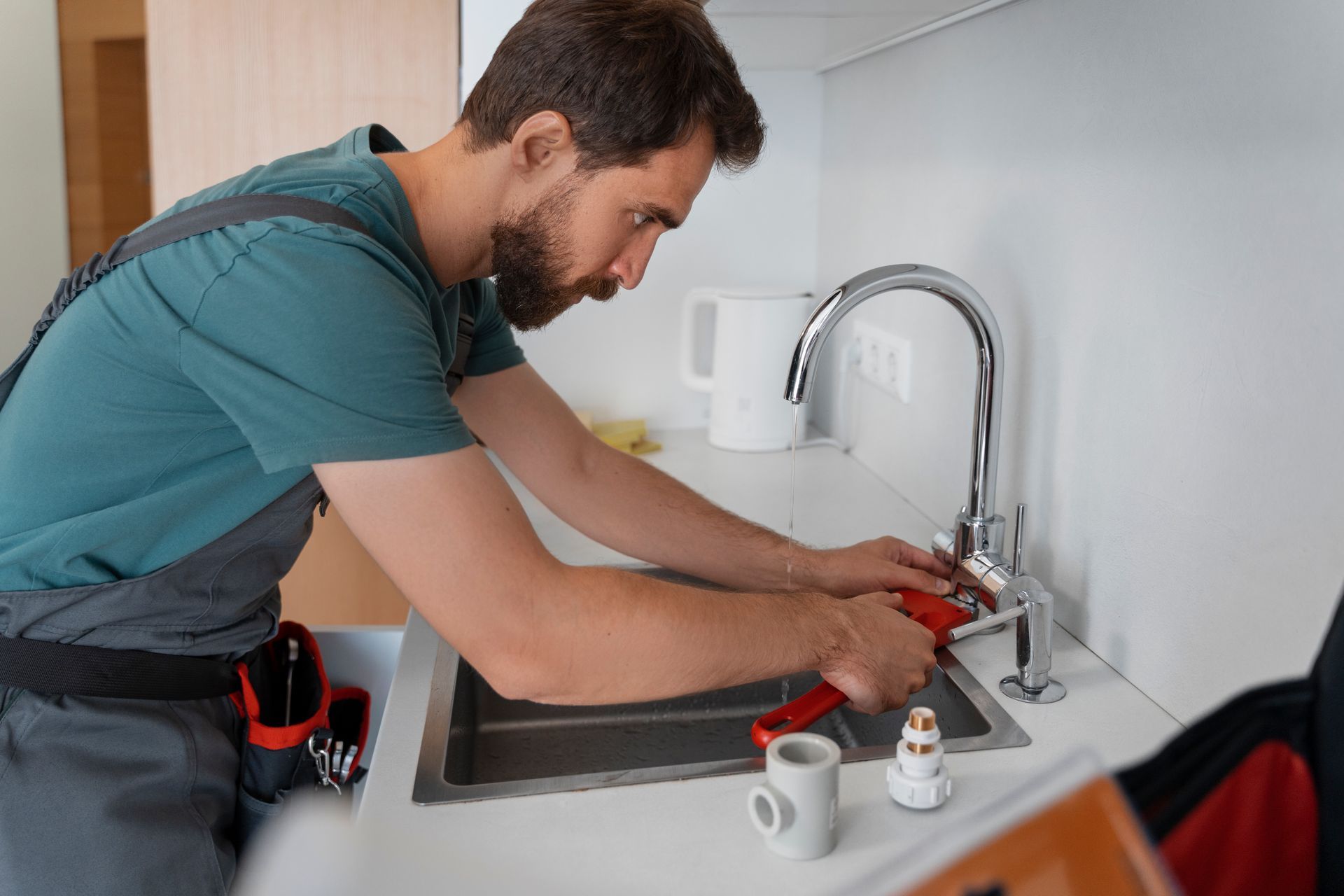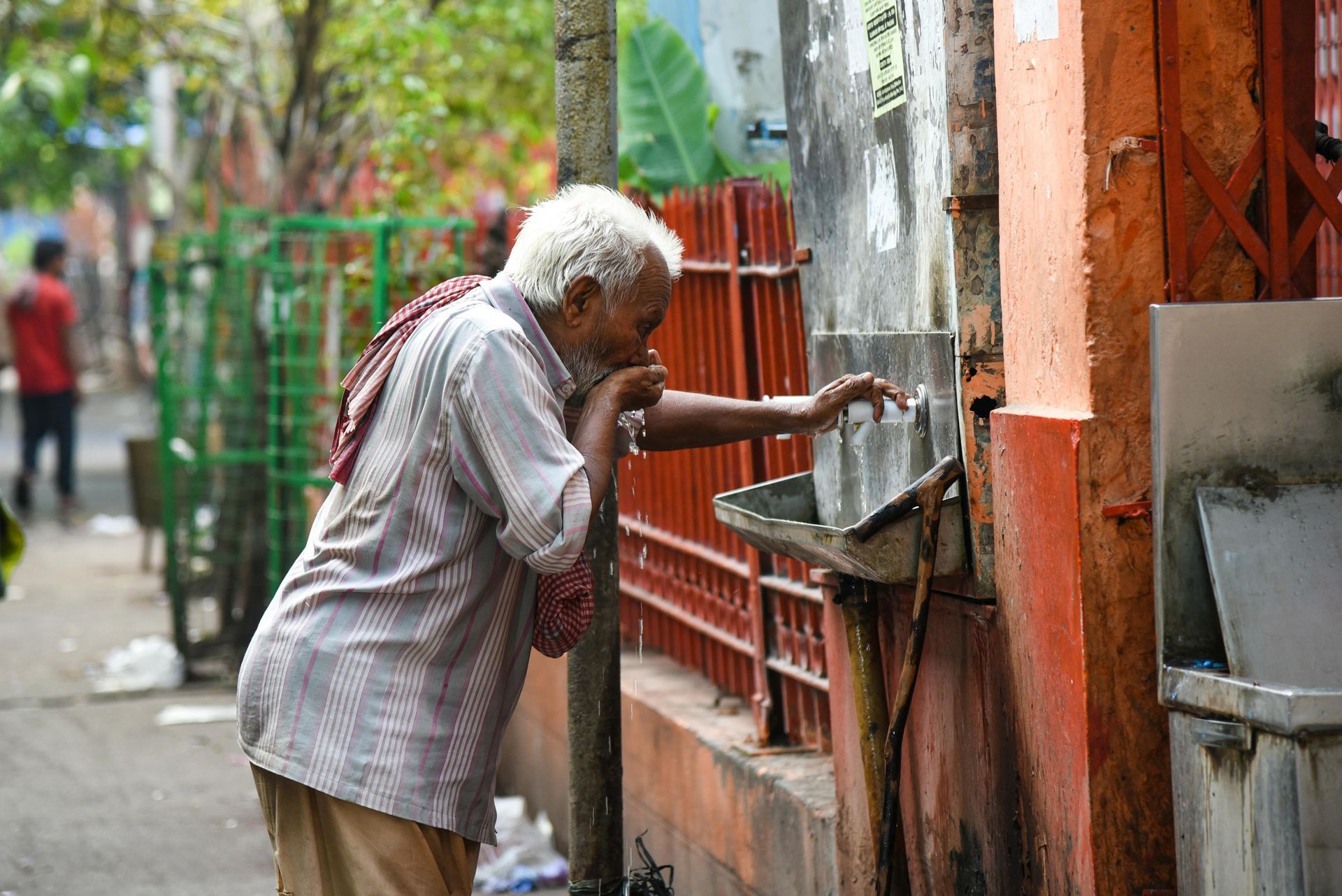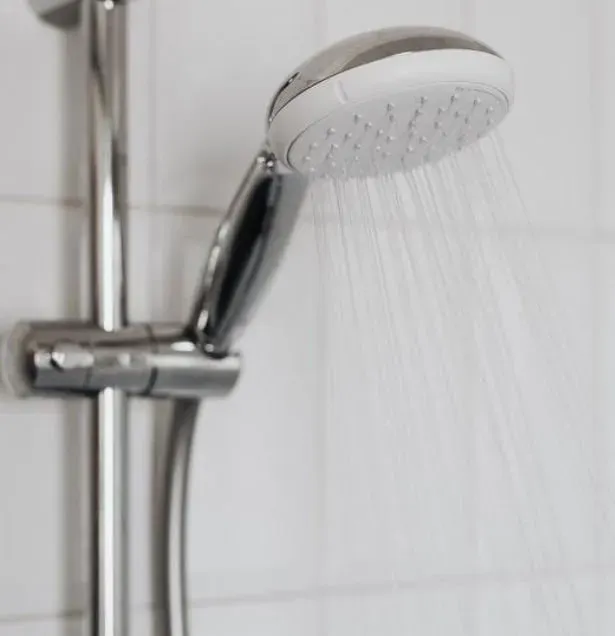How To Efficiently Prevent Clogs in Your Kitchen Sink?
Clogs in the kitchen sink can quickly escalate from a minor inconvenience to a major household disruption, hindering meal preparation, causing foul odors, and even risking water damage to your home. Preventing these blockages is far less stressful – and less costly – than dealing with a backed-up drain. This comprehensive guide covers the causes of kitchen sink clogs, daily habits to maintain clear drains, and the value of whole-house plumbing care.
Understanding Why Kitchen Sink Clogs Occur
Kitchen sink clogs are primarily caused by the gradual accumulation of substances and debris that shouldn’t enter the drain in the first place. One of the most overlooked culprits is the combination of fats, oils, and grease, often collectively referred to as F.O.G. These materials may seem harmless while hot, but as they cool, they solidify and stick to the walls of your pipes. Over time, F.O.G. accumulates more debris, narrowing the pipe until water can barely pass through.
Other frequent causes include food debris, such as vegetable peels, coffee grounds, eggshells, and fibrous or starchy scraps that are not disposed of properly. Even with a garbage disposal, these materials can collect and create blockages. Mineral buildup from hard water is another reason why kitchen sink drains may clog, especially in areas with untreated or poorly filtered water. Pipes can also deteriorate with age or due to poor installation, leading to points where debris is more easily trapped.
Smart Daily Habits to Prevent Sink Clogs
Preventing clogs in your kitchen sink starts with cultivating mindful kitchen routines. The most important practice is to avoid pouring fats, oils, and grease down the drain under any circumstances. Instead, collect grease in a heat-resistant container and dispose of it in the trash once it solidifies. Wiping greasy pans and plates with a paper towel before washing them further reduces this risk.
Food scraps should be kept out of the sink as much as possible. Scrape plates and pots into a compost bin or garbage before rinsing. Using a mesh drain strainer or sink basket is a simple and highly effective measure to catch debris before it enters your pipes. These strainers should be emptied regularly to ensure water flows freely.
Running cold water before, during, and after the use of a garbage disposal – in homes that have one – helps flush waste particles through the drainage system, reducing the likelihood of buildup. For sinks without disposals, draining hot water after dishwashing can help keep oily residues dissolved and moving, rather than settling in pipes.
Weekly and Monthly Maintenance Practices
In addition to good daily habits, periodic maintenance goes a long way to keep your kitchen plumbing healthy. A weekly flush with boiling water – poured slowly down the drain – assists in breaking down any residual grease or soap buildup clinging to the piping. If you have a double sink, alternate sides to ensure all drains are treated thoroughly.
Consider using a natural enzymatic or bacterial drain cleaning product on a monthly basis. These formulas digest organic matter without harming your pipes or the environment, unlike harsh chemical cleaners which may corrode older plumbing or lead to larger problems in the future.
Cleaning your sink strainer or basket on a regular schedule is also important. Strainers that are left full of food particles can themselves become a breeding ground for bacteria and odors, making regular cleaning and replacement vital for kitchen hygiene as well as drainage health.
Preventative Measures for Homes with Hard Water
Mineral buildup from hard water is a less obvious but significant contributor to kitchen sink clogs. Calcium and magnesium deposits can narrow your pipes, and in some cases, cooking oils and food remnants are more likely to stick to mineralized surfaces. This makes it critical to maintain your whole-house water filtration system, which effectively reduces sediment before it reaches your kitchen sink and mitigates the risks associated with mineral scaling. In turn, a well-maintained filtration system also prolongs the lifespan of vital household appliances, including your water heater, since sediment is corrosive to both pipes and water-based appliances.
When to Call in Professionals
Most sink clogs can be prevented with the practices outlined above, but in certain situations, a professional touch is necessary. If you suspect build-up deep in your pipes, or if multiple fixtures are draining slowly, it’s time to reach out to experts like All City Plumbers. Plumbers have specialized tools and expertise to clear persistent blockages, diagnose underlying issues such as deteriorating pipes, and advise on long-term solutions that will keep your plumbing system running efficiently.
Professional plumbers can also inspect your whole-home water filtration system for optimal function, recommend upgrades for older plumbing, and provide targeted maintenance for both kitchen and utility areas—ultimately saving you from emergency scenarios and expensive repairs down the line.
Conclusion
Clogs in your kitchen sink are not inevitable; with consistent attention to what goes down your drain, regular minor maintenance, and prompt care for your whole-house water systems, you can enjoy a trouble-free kitchen and long-lasting plumbing. Remember to keep grease and food scraps out of your pipes, use strainers, flush drains with hot water, maintain your filtration systems, and seek out the expertise of All City Plumbers for persistent or major issues. By taking these steps, you’ll keep your kitchen sink running smoothly and support the health of your entire plumbing system for years to come.

